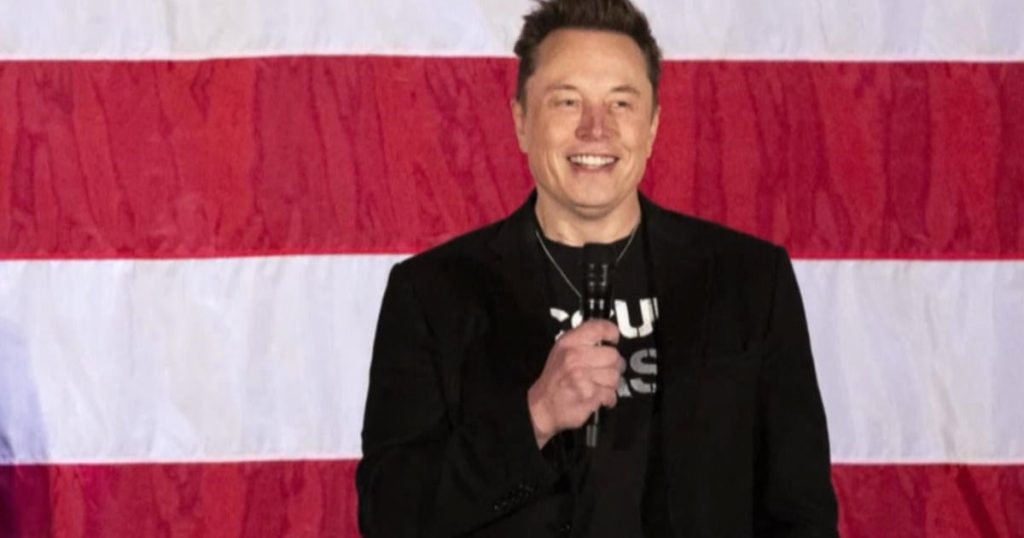Understanding Elon Musk’s DOGE and Its Impact on Federal Agencies
Introduction to DOGE
Elon Musk’s Department of Government Efficiency, or DOGE, has emerged as a significant entity in the realm of federal operations. As the global editorial director at Wired, Katie Drummond, explains in her appearance on "CBS Mornings Plus," DOGE represents a unique initiative led by the visionary entrepreneur. The department is designed to streamline government processes, leveraging technology and innovation to enhance efficiency across federal agencies. Musk’s involvement in this project underscores his interest in applying private-sector strategies to public institutions, aiming to reduce bureaucratic hurdles and optimize resource allocation.
Structure and Operations of DOGE
DOGE operates under the leadership of Elon Musk, who has appointed a team of experts to manage its operations. The department’s employees are tasked with identifying inefficiencies within federal agencies and proposing innovative solutions. By gaining access to various federal agencies, DOGE is able to assess current processes and implement changes that align with its mission of enhancing government efficiency. This access allows the department to work closely with different agencies, understanding their specific challenges and tailoring solutions to meet their needs.
DOGE’s Access and Influence in Federal Agencies
The level of access granted to DOGE within federal agencies is a critical factor in its operations. Musk’s department is privy to sensitive information and internal processes, enabling it to make informed decisions and recommendations. This access has raised questions about the balance between public and private interests, as well as concerns regarding data security and confidentiality. As DOGE continues to expand its influence, its ability to navigate these complexities will be essential in maintaining trust and collaboration with federal entities.
Implications and Challenges
The establishment of DOGE has sparked both enthusiasm and skepticism among stakeholders. Proponents argue that the department’s focus on efficiency could lead to significant improvements in government functions, ultimately benefiting taxpayers and citizens. However, critics express concerns about the privatization of government services and the potential for undue influence by a single individual or entity. Additionally, the integration of DOGE’s recommendations into existing federal frameworks presents logistical challenges that must be addressed to ensure successful implementation.
Public and Media Response
The public and media response to DOGE has been mixed, with some hailing it as a revolutionary step in modernizing government operations, while others remain cautious about its implications. Media outlets have been closely following the developments, with experts like Katie Drummond providing insights into DOGE’s structure, operations, and potential impact. This scrutiny highlights the importance of transparency and accountability in DOGE’s activities, ensuring that its goals align with the public interest.
Future Outlook and Considerations
As DOGE moves forward, its success will depend on its ability to deliver measurable improvements in government efficiency without compromising the integrity of federal agencies. The department faces the challenge of balancing innovation with tradition, ensuring that technological advancements serve to enhance rather than disrupt existing systems. The collaboration between DOGE and federal agencies will be crucial in navigating this path, requiring clear communication, mutual respect, and a shared commitment to the public good. The future of DOGE will undoubtedly be shaped by its ability to address these challenges and demonstrate the value of its innovative approach to government operations.












